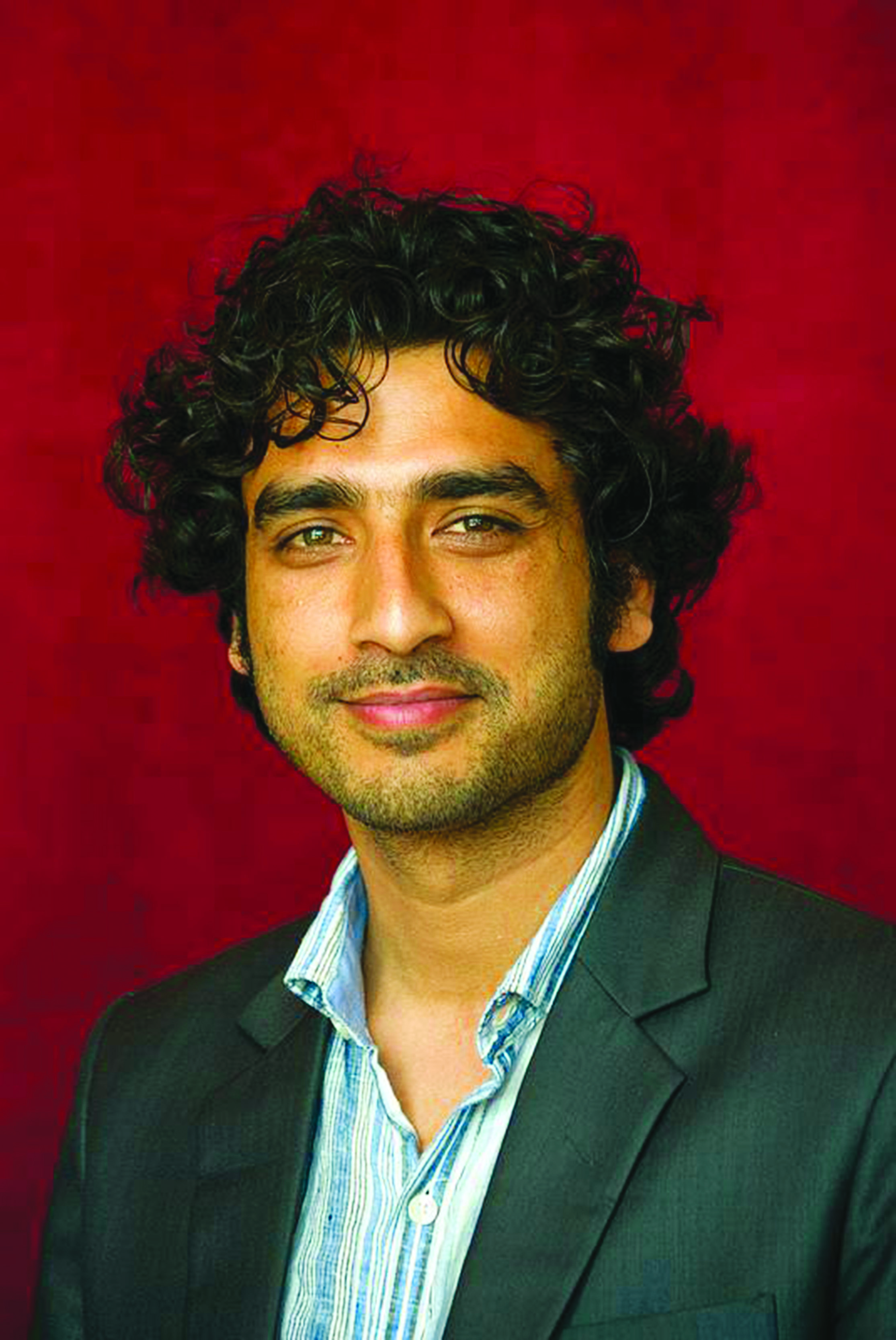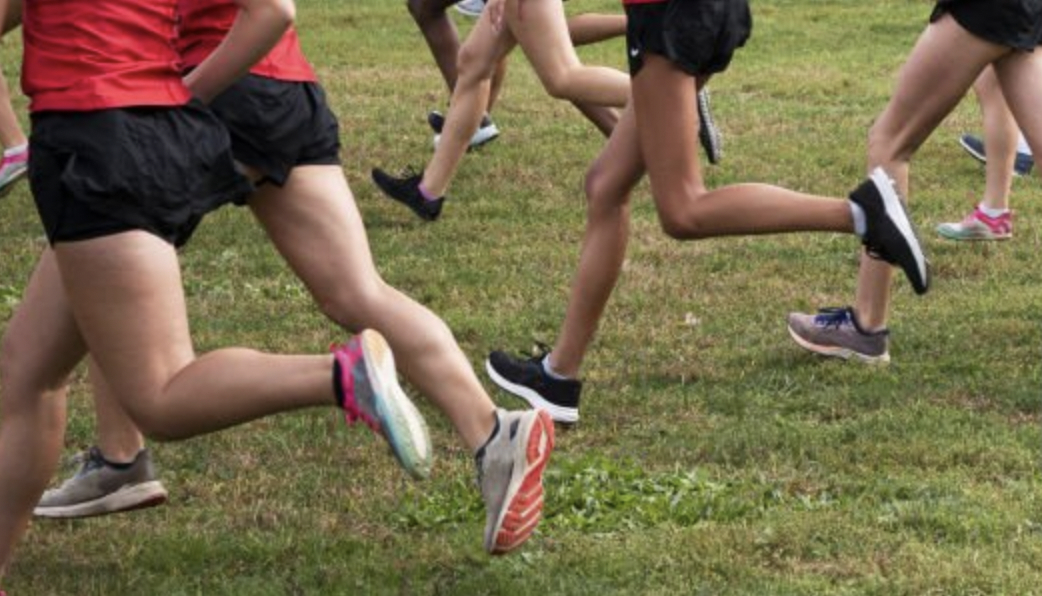From The Night of Broken Glass
Feroz Rather discussed the novel in his interview for The Common with Neha Kirpal.
By FEROZ RATHER
I gazed westward from the top of the hill. The cottage where Inspector Masoodi’s son had recently moved his father stood in the thin clearing by the lake. Its old wooden walls painted over in a dark shade of green, the cottage had two narrow slits for the windows in the front. Between them, a door clung to a feeble frame on rusting metal hinges – a door that I could break with a single blow of my axe.
I had come to see the cowherd, Gulzar, who reared my master’s cows along with the rest of his herd. He was a thin boy of sixteen with a soft face bursting with a new beard and pimples. Whatever the season, he never took off his long woolen pheran. Although he always carried a stout staff, I had rarely seen him hit a cow, and that only when it tore from the herd to enter someone’s kitchen or front garden. He hit his cows below the shoulder – never on the haunches – gently guiding them back. Like me, he was not much of a talker. But while I had lost my loquacity during my time inside the prison, Gulzar was quiet by disposition. As soon as he had his herd settled on the slope, between the foot of the hill – where I had walked down to and was standing now – and the courtyard of the cottage thick with willows – which I kept an eye on – he reclined on the grass. Then, from the deep side-pocket of his pheran, he produced his flute of rosewood.
‘This makes me and the cows happy,’ he said before he began to play.
In summer, when the air became hot and full of mosquitoes and other blood-sucking insects, Gulzar sweated profusely, giving off an odor. However, I never told him to remove his pheran or ever complained about his lack of hygiene. I could not imagine him as someone capable of beating me and I liked him. His reticence, his raggedness, his sour smell and his unshaven pimply face infused a sense of security and self-worth in me.
I saw Inspector Masoodi’s son standing by the wire zeriba that fenced the courtyard in. He had his father’s cold, expressionless face. His eyes were deep and bloodshot, and filled with contempt as he stared at me rudely. I understood his unspoken command beckoning me to go to him so he could charge me with an errand. He came close to the fence.
‘I want you to clear the lawn,’ he said peremptorily. He sounded haughty but in need of me.
I looked him straight in the eye, confronting his arrogance for a moment. Then I smiled quickly and said, ‘I can bring you an axe from my master’s house.’ Although his eyes softened a bit, his face remained the same – frigid.
‘Where is your master’s house?’ he asked. I turned around and pointed to the top of the hill. ‘I will pay you well if you help me cut the willows,’ he said.
‘Do not worry about the money,’ I replied.
I walked up the hill to my master’s house. Everything in the house belonged to my master. And, because I had told him that I had no one in the world, he felt that I belonged to him as well. In any case, I was ready to risk his wrath for Masoodi’s son. I looked for the axe that I had hidden under the staircase in the corridor a while ago. I found it securely wrapped inside a bundle of dusty gunny bags, just where I had left it. I weighed it in my hands as I picked it up. It was a light axe with a heavy head, perfect for chopping. I touched the metal with my hand and then furtively looked around. When I was completely assured of my master’s absence, I licked the edge clean with my tongue. I liked the taste of cold metal on my tongue. I went down the hill and offered Masoodi’s son the axe.
Over the sound of his blows on the willow trunks and branches, I heard his father cough. The trunks and branches were gnarly and he was soon exhausted. He panted outside while his father coughed inside. All this panting and coughing seemed strangely ludicrous, both father and son in a state of utter helplessness, and for a moment there, I nearly burst out laughing.
‘Can you give him some water?’ Masoodi’s son said abruptly. I rose from the ground and obliged mutely. However, as soon as I was inside the dark cottage, my mirth could no longer be held in check and I laughed out loud in reckless jubilation that he had finally asked for my help. For years I had dreamt of this very moment.
I stood in the kitchen, groping in the sudden darkness after the glare of the sunlight outside. As soon as my eyes adjusted to the gloom, I dipped a tumbler into the copper pitcher on the sink. I noticed a knife gleaming on the shelf above. I did not touch the knife, but the sight of its shiny metal thrilled me. The water was cold and I wondered whether it would have a debilitating effect on Inspector Masoodi’s already weakened lungs. They sounded rotten and depleted every time he coughed. Would the cold water trigger a fresh bout of hacking?
When I entered Inspector Masoodi’s room, I could not believe the sight that met my eyes. His body had shrunk to less than half its size. He lay on the bed, facing the ceiling, his arms crossed on his chest. His long, oval face was furrowed with wrinkles. His eyes were closed. His mouth was slightly open, and his lips were colorless as though contoured with dry chalk. He moaned like a patient in need of an injection of morphine. When he opened his eyes, he did not look at me. He stretched out his hand, probably thinking that his son had entered the room.
‘Water,’ he croaked, ‘water …’
For a moment, I felt I should retreat. The change in him was so drastic that I wondered how much I may have changed as well. I felt terrible thinking about the past. I was not sure of playing the final part of the game that I had imagined playing when I had seen him last, twenty-five years ago. During every moment of this time, I had rebelled against the idea that he was alive in the very same world in which I also lived. Thinking of what he had done to me and how he had damaged me, my heartbeats sounded like the rattle of gunfire. I looked at him again, incredulous. This was the same man. I wanted to end it all then and there, in a flash. But something held me back. I don’t completely understand it. I was not afraid of his son. Perhaps I wanted to see Inspector Masoodi die a slow and painful death.
The tumbler shook as I handed it to him and the water spilled on to his clothes. I gently raised his head. He had lost most of his luxuriant dark hair. The few straggly strands he still retained at the sides and back of his head were grey and unwashed. I took the tumbler from his hand and raised it to his lips. I could hear his son chopping at the willows furiously; the blows of the metal against the flesh of the wood. I did not look into the old man’s eyes. He breathed stertorously; each breath was an ascending wave of pain. At the top, as it faltered, I slipped a few droplets of water into his mouth. Inspector Masoodi made a wheezing sound and his shrunken belly billowed. As the water went down, his breath descended sharply, ending like a sad sigh. It was hard to believe that this was the same man I had known so closely at the beginning of the war; this pathetic creature who was nothing but a few ounces of flabby flesh clinging to a brittle bone-cage. I looked at him, at his broken skin and the weak hands that had once struck me with fury and violence.
How close to death you are, Inspector Masoodi? I thought. I gnashed my teeth and outside his son continued to wield the axe on the hapless willows.
When I emerged from the cottage, I saw Masoodi’s son almost hidden in the tall grass as he lay beside a tall pile of chopped willow branches. He had the same lean body and broad shoulders that his father had had. But, looking at him lying in the grass, I wondered what kind of shroud the grass would make if it were used to cover his corpse. I was not convinced that the thought was worth the consideration. Inspector Masoodi’s pallor was in my eyes. I sensed the slow arrival of his death that would gradually eat away what was left of his bones and flesh. When his son rose, I jerked my head towards the house and asked him what the problem was.
‘Lung cancer,’ he replied. ‘Terminal stage.’ The sweat was dripping off his brow and he had a small wound on his left forearm that had bled for a while. He had wiped the blood with his right hand which was still stained red. I decided that the expressionlessness of his face came from his father and I hated it. However, what I did like was that he was unsentimental about his father’s condition. Some time ago, I had met Gulzar making his way down the hill. We stopped to chat and he told me that this man was a police officer as well. I reckoned that because his father fell ill long before he was sixty, the retirement age in the police force, the son had the opportunity and compulsion to step into his father’s shoes. The young man had been none too pleased about it, because he had wanted to become a civil officer, a bureaucrat. In a place like ours, where the war was slow, subtle and camouflaged, becoming a civil officer gave one immense power, although most of these officers came across as benign and harmless. Gulzar also told me that the son lived with his wife and her parents in the city. He did not like living with Inspector Masoodi. The sight of the dying old man distressed his wife and his in-laws, so the son had shifted the father to the cottage for his final days.
‘Will you look after the old man while I am away?’ he asked now.
‘When will you come back?’
‘After two days, on Sunday.’
The only way that he could have had any inkling about my true identity would have been by interrogating Gulzar who delivered a bottle of fresh milk at the cottage every evening. Twenty-five years ago, in the dead of night, Inspector Masoodi and his friend, Major S, had tossed my half-dead body, tied to a huge rock, into the lake. My file had been closed by the high command because they assumed I was dead like the innumerable prisoners whom I had met and befriended in the prison and whose bodies, pale in the moonlight, I saw at the bottom of the lake.
I looked into his eyes. Upon seeing no signs of suspicion there, I smiled and said: ‘Yes, sir.’
A thick willow branch, overhanging the roof, threatened to block the doorway. I told him that it was too high for me to chop it down. He rolled his eyes in contempt and strode into the cottage, emerging a few minutes later with an old chair. He placed the chair in front of the door. ‘There,’ he gritted angrily.
I climbed on to the chair, the axe in my right hand and my left hand on his shoulder. I could see that he parted his hair in the centre like his father. I could see his bare scalp at the parting. How would it sound, the axe smashing into his skull? What a delightful cracking sound it would make. I swung at the branch with such force that the axe rebounded from the roof, fell from my hands and landed at the policeman’s feet.
As he knelt to pick it up from the ground, the branch broke and fell, crashing down on the man’s wounded forearm.
I jumped down from the chair as he tamped down on his agony. I moved the branch away and examined his arm. I took the axe back from him and watched a drop of blood welling up as the wound began to bleed afresh. In any case, he was not the kind of man who would know how to use an axe. His casual cotton chinos and linen shirt suggested urbanity and a refinement of style. It unnerved me, however, how coldly unsentimental he was. He did not groan or even wince. Like his father in his youth, he gave an impression of toughness and brutal control. When he spoke, the words fell from his lips like hard slabs of granite.
‘My father has taught me how to use a gun and I can do that well,’ he said. ‘But you need to learn to wield your axe wisely.’
I nodded at him, again looking him in the eye. Inside, Inspector Masoodi coughed and mumbled something that we could not understand. His son did not budge. He continued to pinion me with a piercing stare that would have terrified any other man. However, I had already looked death in the eye, so I stared back unflinchingly. I saw the muscles of his face tauten for an instant before he allowed himself to relax into a cold smile. He needed me. He patted my shoulder and asked me whether I could check on his father. I went inside and gave the old man another glass of water.
When I came out, the son was not to be seen. I quickly made my way to the willow stumps. An axe-toting shadow loomed up from behind me. I whirled around to find him standing close behind me. He handed me the axe.
‘There are packets of soup in the kitchen,’ he said.
‘I do not need them,’ I said.
‘My father will. If there is an emergency, call me. The phone is in the corridor.’ He scribbled a number on a slip of paper and thrust it into my shirt pocket.
Feroz Rather‘s debut novel The Night of Broken Glass was released by Harper Collins India in July 2018. His work has been published in such journals as The Millions, The Rumpus, and The Southeast Review. He is a PhD student in Creative Writing at Florida State University.
Read our interview with Feroz Rather on The Common Online.





